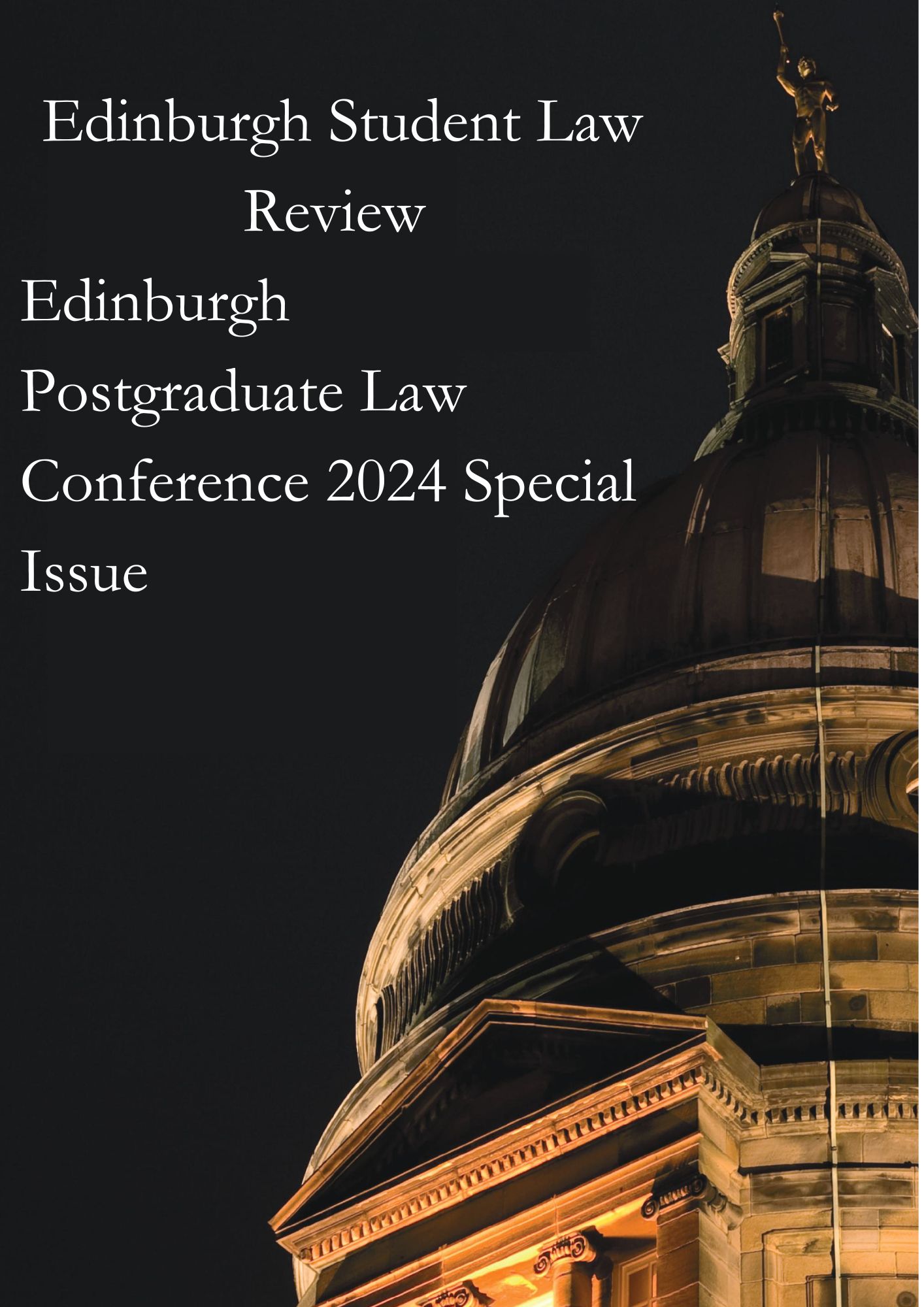The Right To Education For Children On The Move
A Status-Based Reality?
DOI:
https://doi.org/10.2218/eslr.2025.5.2.10672Abstract
While the right to education has near universal acknowledgment and ratification, its application falls short of this global promise. One group that continues to face struggles in claiming their right to education are ‘children on the move’, a term chosen specifically due to its inclusive nature as an umbrella term for all children who have left their habitual residence. This purposefully does not distinguish between legal status groups such as refugees, asylum seekers, migrants, internally displaced children, or unaccompanied and separated children. Through in-depth case studies in Morocco and Lebanon, this paper has supported the claim that by assigning children different legal status, states are de facto limiting their right to education. The case studies of mainly irregular migrants Morocco and people fleeing Syria in Lebanon provide for examples of such discrimination based on status, as both states have established barriers that in effect exclude certain groups from education while including others. While not all hurdles are necessarily legal, the picture that emerges out of the case studies is that children with refugee status and protection from the UNHCR face barriers within schools, while those without lack access to schools due to the legislative barrier. Children afforded refugee status suffer from racism and hatred, language and religious difficulties, and overcrowding. Children without such status, face these difficulties yet coupled with systematic exclusion through document availability and fear of deportation or violence. The international right that is universally protected, is therefore fragmented into legal status, limiting the right to education for all children into a status-based reality.
Downloads
Downloads
Published
Issue
Section
License
Copyright (c) 2025 Nya M. Gnaegi

This work is licensed under a Creative Commons Attribution 4.0 International License.






